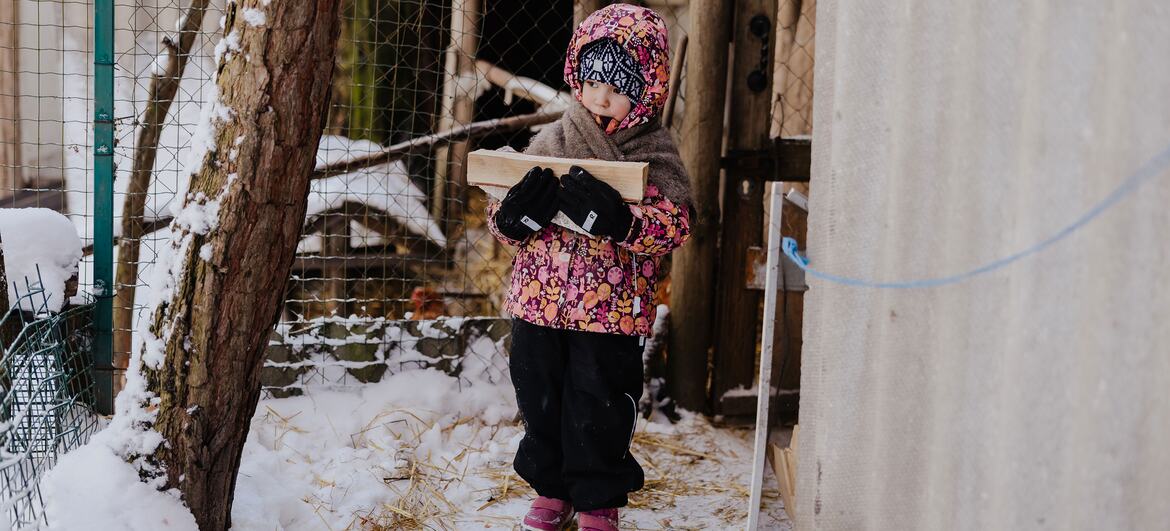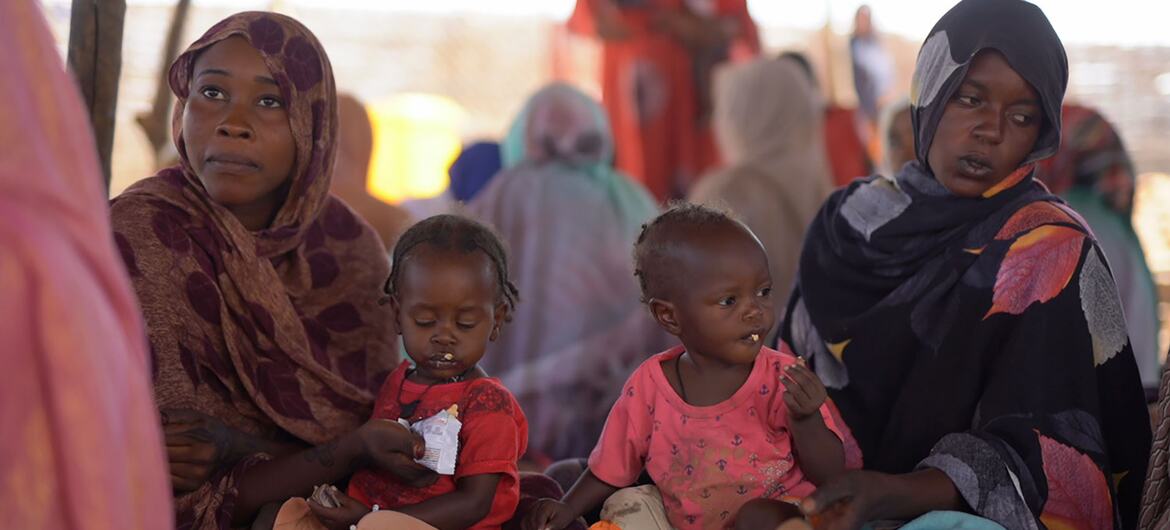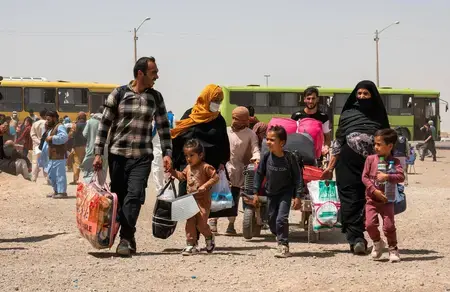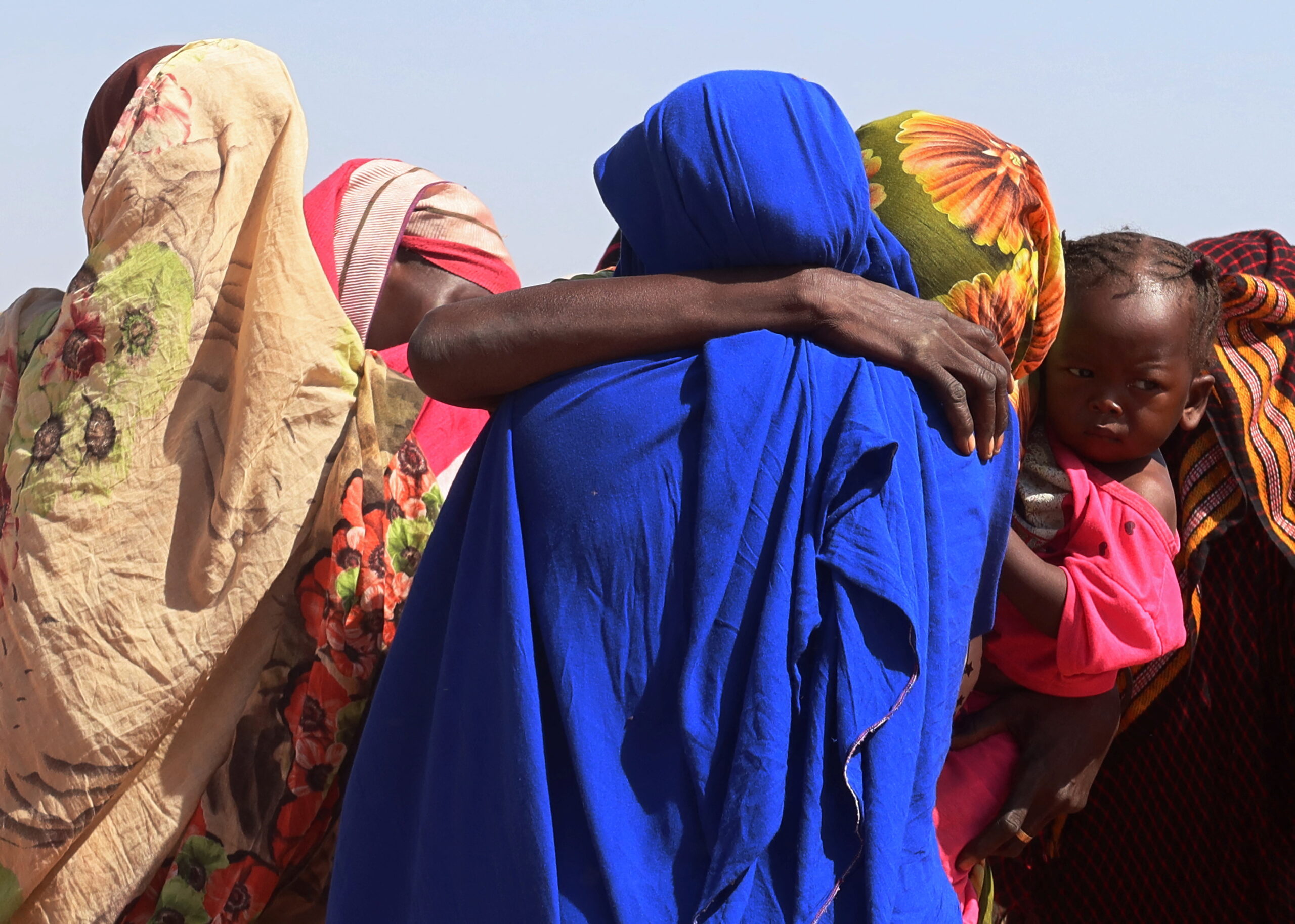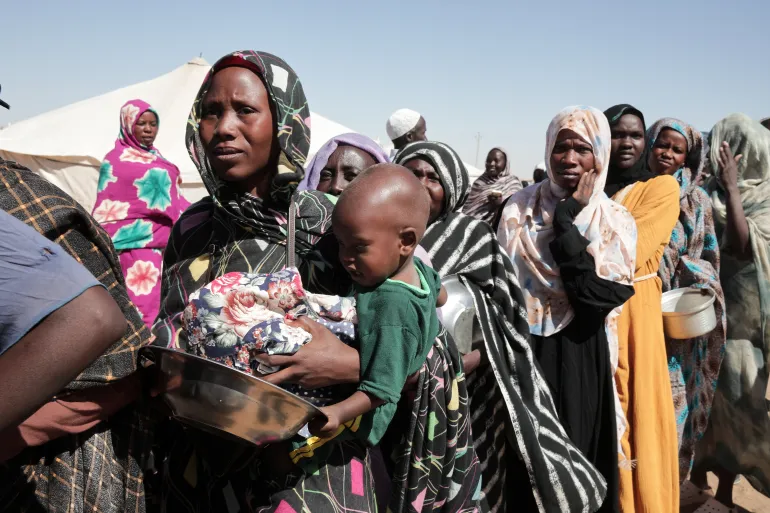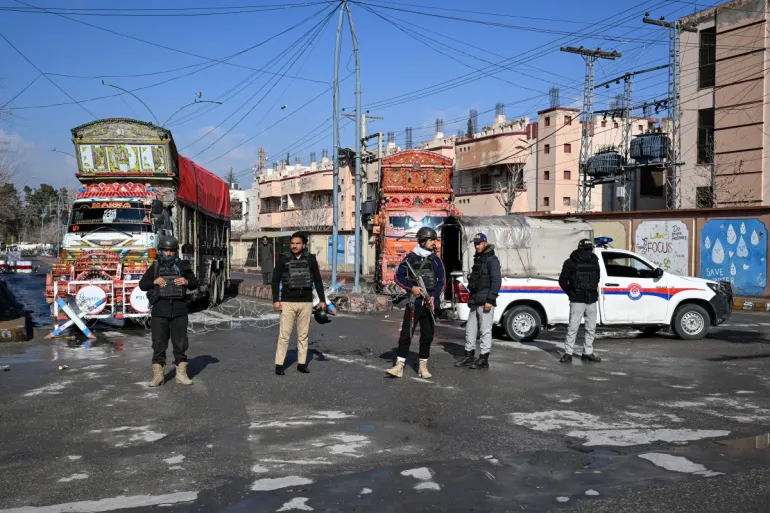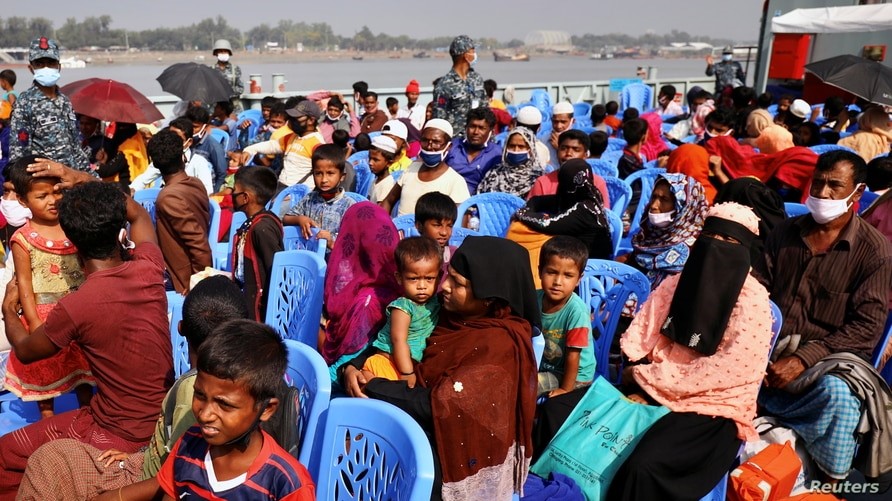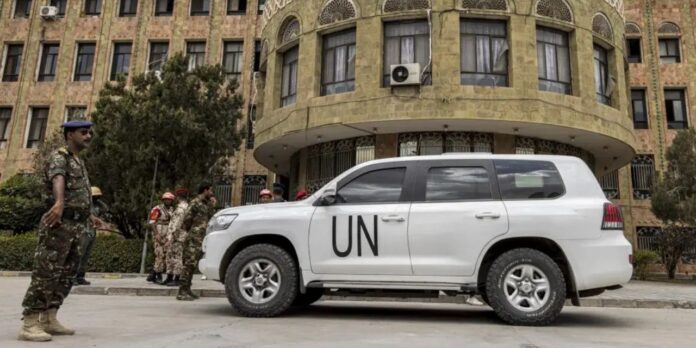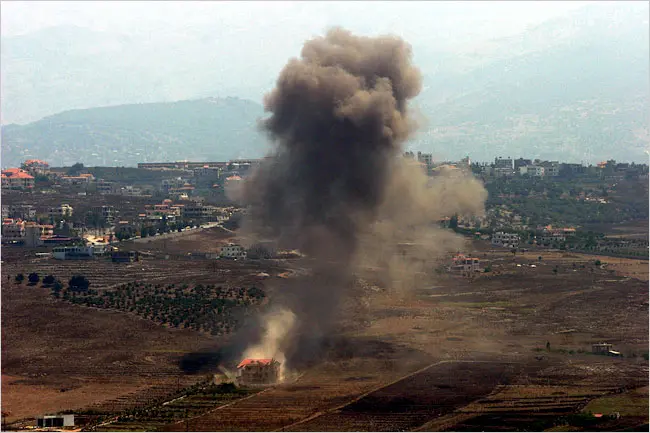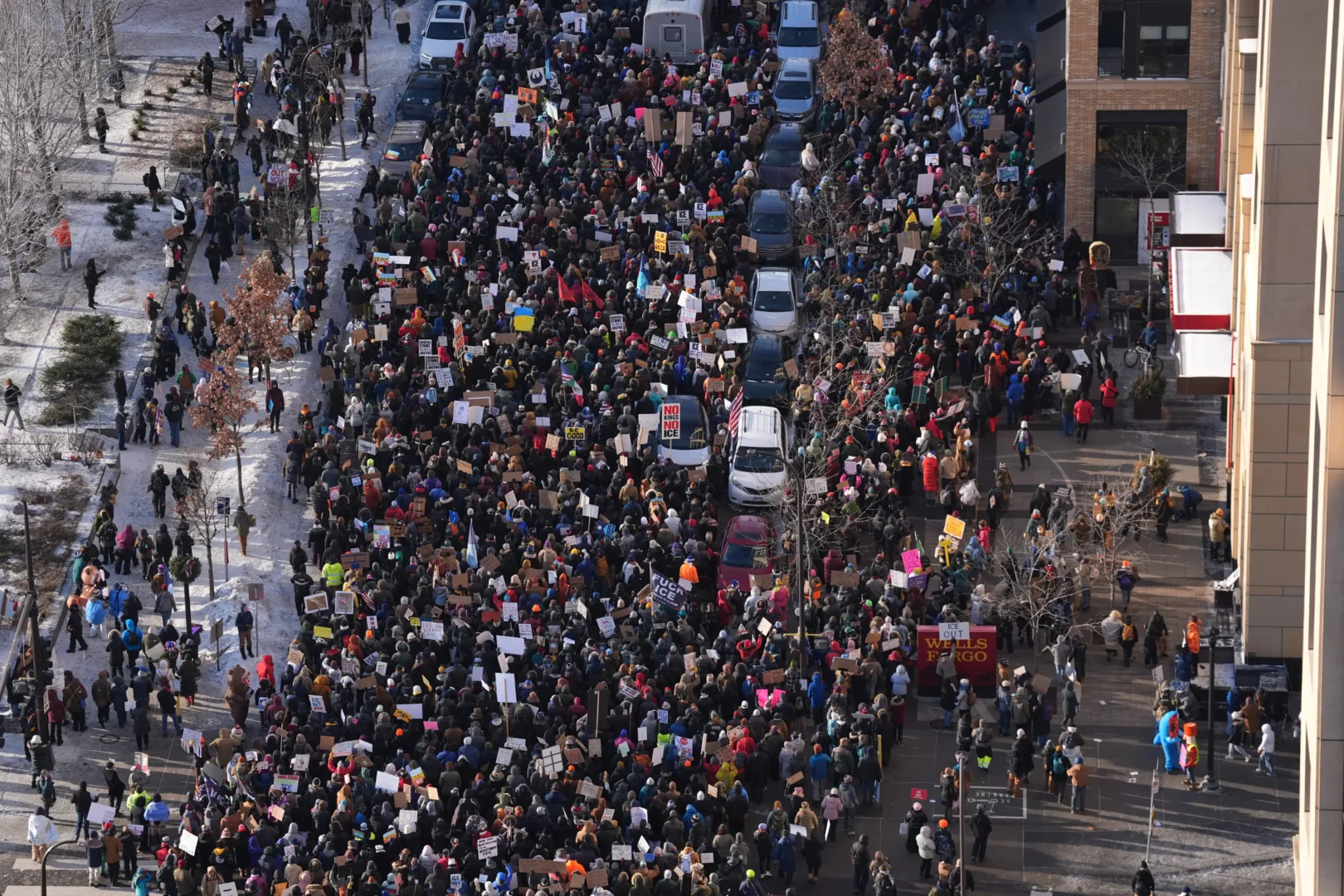UK Parliamentary Committee Examines Deteriorating Healthcare Crisis in Gaza Amidst Ongoing Conflict

Archive/ Al Jazeera.
A UK Parliamentary committee convened today to hear stark testimonies from humanitarian workers and medical professionals about the rapidly worsening healthcare situation in Gaza, as the region’s medical infrastructure continues to collapse under the weight of ongoing conflict.
The International Development Committee, tasked with scrutinizing the UK government’s foreign aid policies, listened to experts with direct experience working on the ground in Gaza, painting a grim picture of the humanitarian disaster unfolding in the Palestinian enclave.
The session was focused on understanding the immediate and long-term impacts of the conflict on Gaza’s healthcare system, which has been severely strained by both the violence and the blockade.
With hospitals overwhelmed, medical supplies running dangerously low, and critical infrastructure in ruins, healthcare professionals on the front lines warned of an impending collapse in the region’s ability to care for its population.
Testimonies provided to the committee highlighted the acute shortages of essential medical supplies such as antibiotics, surgical equipment, and basic life-saving medicines.
The situation is particularly dire in emergency care, where medical teams are struggling to treat the wounded amid limited resources.
Hospitals in Gaza have been forced to prioritize patients, with doctors making life-or-death decisions due to a lack of equipment and space.
MPs questioned the witnesses about the availability of food and medical supplies, with many emphasizing that the situation in Gaza is rapidly becoming catastrophic.
Aid convoys have been limited in their ability to enter Gaza due to the ongoing blockade, and even when aid does arrive, it is often insufficient to meet the needs of the population. Medical teams also reported that even the most basic items—such as gauze, IV fluids, and painkillers—are in critical short supply.
Of particular concern during the hearing was the impact of the crisis on vulnerable groups, including women, children, and people with disabilities.
Several witnesses testified about the heightened risks faced by pregnant women and children, who are especially vulnerable to malnutrition, disease, and trauma in conflict zones.
One key focus of the committee’s questioning was the potential long-term effects on public health in Gaza. The destruction of hospitals, clinics, and medical facilities will have far-reaching consequences, even after the immediate violence subsides. Health experts warned that Gaza’s medical system could take years to rebuild, if not longer, due to the ongoing blockade, lack of funds, and the scale of the destruction.
The UK’s role in providing aid and diplomatic support was also discussed during the session. MPs raised questions about what more the UK government could do to address the healthcare crisis, particularly in terms of increasing humanitarian aid access to Gaza and pushing for international action to ensure the protection of civilians and medical facilities under international law.
The committee’s findings will likely inform future discussions in Parliament on the UK’s foreign aid policies and the government’s stance on the ongoing conflict in Gaza.
Al Jazeera.


